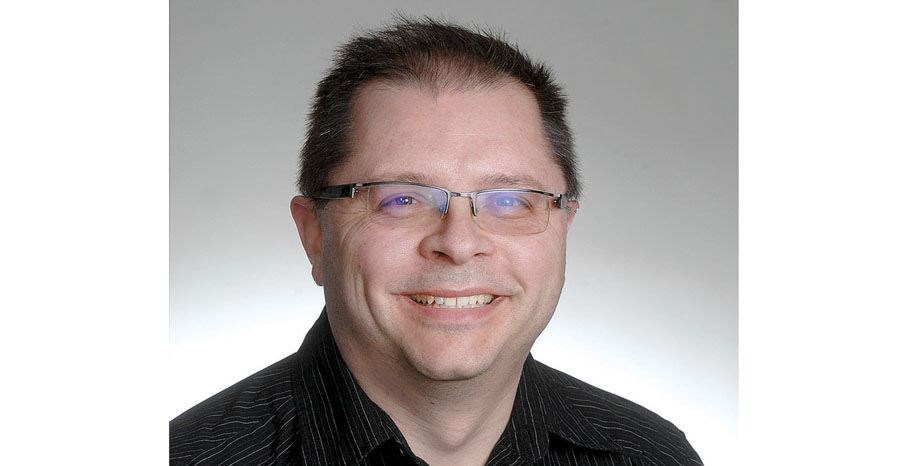Cram 150 people into a small room, divide them into six groups and crowd them around tables, then ask the person leading the group conversation to be heard over the other speakers at the other nearby tables, not to mention the chatter within the group and the observers standing off to the side holding animated conversations of their own.
Combine the chaos and the noise with poorly-worded questions that get participants offering up "wouldn't it be nice?" wish lists rather than thinking deeply and answering carefully about their real wants and needs.
In a nutshell, that was the disaster that was Prince George city council's neighbourhood consultation meeting Wednesday night at the Hart Pioneer Centre. Despite it being a disorganized gathering in desperate need of a facilitator experienced in managing public input sessions and focus groups, it was also democracy in action, both enthusiastic and messy. In the end, concerned area residents had gathered in a muggy summer evening to talk and listen to each other and to civil servants and their elected officials. It was a beautiful thing to witness but it was frustrating and painful to watch because it should have been so much more.
In his opening remarks, Mayor Lyn Hall admitted this was the first such community engagement meeting for this current city council and they would be tweaking the format to make each future gathering better. With that in mind, here are a few suggestions to make future meetings much better and more productive for residents, city staff and mayor and council:
Wait until September and start over again, putting the expertise of Rob Van Adrichem, the city's new director of external relations, to work. Civic engagement is one of the things he was hired to do and he's good at it. He would have been embarrassed at the free-for-all Wednesday night, where loud extroverts were able to hijack the conversations to talk about how much they love the sound of their own voice and how wonderful their pet projects that nobody else cares about is better than everything else.
Hold the meetings in a school and use individual classrooms to answer questions and have separate, serious conversations about transportation, housing, recreation and so on. Participants could hear what staff members are saying and staff could hear the feedback in return, writing suggestions on easel paper and taping them to the walls. Participants could then move from room to room as they pleased, reading what others before them said, asking questions and sharing their own thoughts.
Encourage off-topic conversations or just neighbours catching up into the hallways or the multi-purpose room.
Restrict the politics, the debates and the complaints to the gym or multi-purpose room, where coffee, water and light snacks would be available.
Keep the discussions in the rooms focused solely on ideas to make things better, what's needed to make these ideas reality and prioritizing ideas on each subject.
Have staff gather names and numbers from residents with questions or concerns that need followup or answers that can't be immediately provided.
Set aside a quiet room for shy and introverted residents to put their ideas in writing up on a wall or to confidentially hand to a city employee.
Set aside rooms for five-minute one-on-one sessions with the mayor and individual councillors, with sign-up sheets on the door.
Afterwards, staff would collate the results and hand them off to Van Adrichem. He would organize the feedback into a priorities list. He would then call a second community meeting, where mayor and council would present that list and ask residents to give verbal feedback in an organized setting where only one person could speak at a time or in written form by a set deadline.
The final goal of this exercise is a specific list of guiding priorities for city council from each neighbourhood. It wouldn't be written in stone but it would give council, as well as community groups, businesses and developers, a snapshot of how neighbourhoods see themselves and their future.
Wednesday night was a solid idea that got off to a horrible start. With a few simple tweaks and some firm guidance from an experienced hand, that idea could easily transform into political and policy gold that would be good for everyone.
-- Managing editor Neil Godbout



